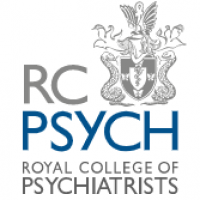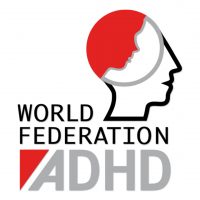How to spot depression in a loved one?
Depression is defined as a low mood that lasts for a longer period, often weeks or months; it affects daily life and activities.
Depression in a loved one can be difficult to witness, and also difficult to spot. Depression can affect all people and is one of the most common mental illnesses. It is a mental illness that affects different people in different ways, and it is not always obvious.
Symptoms of depression include feeling unhappy or hopeless, irritability, low self-esteem and finding no pleasure in things you usually enjoy. We’ve outlined some key things to look out for if you suspect a family member or friend is experiencing depression.
1) Loss of interest in otherwise fulfilling activities. Depression can usually take the enjoyment out of things or activities an individual would otherwise love or look forward to. If you suspect a loved one is making excuses to avoid activities then depression could be the culprit. Activities could be anything from a sport or hobby to meeting up with family and friends. It could also be losing interest in a job.
2) Sleep Problems. Sleep problems or insomnia can be a telltale sign of depression and result in increased fatigue, which can make depression or mood worse. Sometimes, depressions can increase
sleep but either way, sleep is not refreshing. Look out for increased fatigue in loved ones, a lack of energy and lack of sleep, or sleep quality.
3) A pessimistic outlook on life. Patients with a hopeless outlook on life are often diagnosed with depression. The feeling of regret, excessive guilt, worthlessness or self-hate can fall under this symptom of depression. Look out for loved ones constantly putting themselves down and generally not enjoying life.
4) Uncontrollable emotions. A common symptom of depression is uncontrollable sudden outbursts of anger, upset or distress. You should also look out for emotions changing rapidly with little notice physically.
5) Physical Symptoms. Whilst many symptoms of depression are mental, you can also look out for physical symptoms which can usually include reduced appetite and weight loss but it can sometimes present with stress eating and weight gain, poor concentration (patients complain about forgetfulness), loss of libido (or a low sex drive), moving and speaking slower than normal and changes to the menstrual cycle.
Treatment for Depression
Treatment for depression usually involves a combination of lifestyle changes, talking therapies and medicines. The first step is to encourage loved ones to see a professional. We suggest that you accompany your friend or family member to their appointment, which helps to show support. There are many causes of depression, some (but not all) can include the following:
The most significant risk factors in early life are childhood maltreatment (the more prolonged and more frequent the abuse, the higher risk), loss of a parent in childhood; and lack of adequate
parental care.
Known risk factors in adulthood are unemployment, lower social support, significant trauma (victims of sexual assault), the absence of a partner and lower physical activity. Unlike conditions like cystic fibrosis, there is not a single gene which causes depression. Instead, there are several genes that collectively increase the risk ( i.e. the more of genes one has, the higher risk of depression). In the case of depression, hereditability is estimated to be approximately 37%.
Dr Behzad Basit is an experienced Psychiatrist with his medical career starting in 1988. Dr Basit been described by patients and colleagues as very approachable and can help patients experiencing prolonged depression as well as shorter cycles. His background in general practice, psychiatry and psychotherapy enables him to take a holistic approach in assessment and management of patients.
We invite you to learn more about depression as a mental illness here.
To book a consultation with Dr Behzad Basit, please complete our contact form here.









